Cloud computing is a general term for anything that involves delivering hosted services over the internet.
Organizations of every type, size, and industry are using the cloud for a wide variety of use cases, such as data backup,email, virtual desktops, software development and testing, big data analytics, and customer-facing web applications
Types of Cloud Computing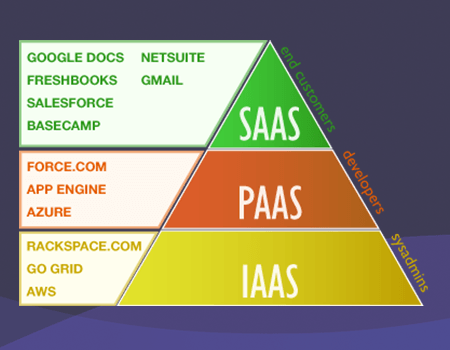
1. Infrastructure as a Service (IaaS)
- It is most basic category of cloud computing services.
- Gives you the highest level of flexibility and management control.
- It contains fundamental building blocks of computing that can be rented : physical or virtual storage, storage and networking.
- EXAMPLES: Microsoft Azure, Google Cloud Platform and Alibaba Cloud.
2.Platform as a Service (PaaS)
- Supply an on-demand environment for developing, testing, delivering and managing software applications.
- Allows you to focus on the deployment and management of your applications.
- Particularly useful for organizations that want to streamline workflows in a production environment that has multiple developers.
- EXAMPLES: Google App Engine, Apache Stratos, OpenShift,
3. Software as a Service (SaaS)
- Provides you the complete product that is run and managed by the service provider.
- Organizations can lease productivity software such as email, collaboration and calendaring.
- Sometimes referred as end user application.
- EXAMPLES: Dropbox, Google GSuite, GoToMeeting.
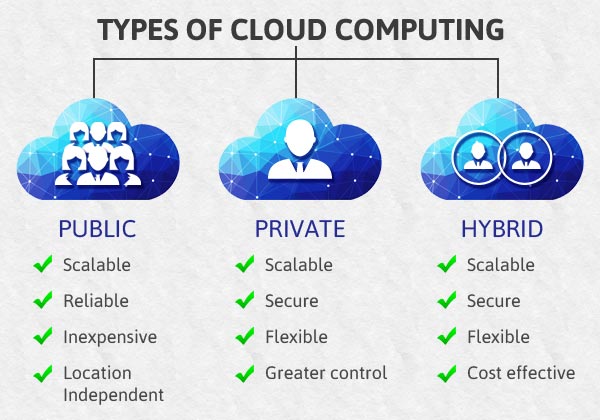
The three main types of cloud deployment models are private, public, or hybrid. Selecting your desired model depends on your specific requirements.
Types of Cloud Services
Regardless of the kind of service, cloud computing services provide users with a series of functions including:
- Storage, backup, and data retrieval
- Creating and testing apps
- Analyzing data
- Audio and video streaming
- Delivering software on demand
Advantages of Cloud Computing
- Reduced IT costs
- Scalability
- Business continuity
- Collaboration efficiency
- Flexibility of work practices
Disadvantages of Cloud Computing
- Risk of data confidentiality
- Depends on internet connection
- The level of security
- Compliance
- Vulnerable in the event of an attack
Applications
- Create cloud-native applications
- Test and build applications
- Big data analytics
- Store, back up and recover data
SUMMARY
The Future Many of the activities loosely grouped together under cloud computing have already been happening and centralised computing activity is not a new phenomena. However there are concerns that the mainstream adoption of cloud computing could cause many problems for users.The issue of carrying out investigations where the cloud storage devices cannot be physically accessed has generated a number of changes to the way that digital evidence is located and collected, New process models have been developed to formalize collection.

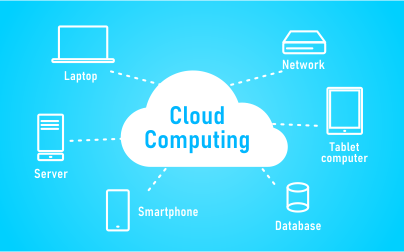

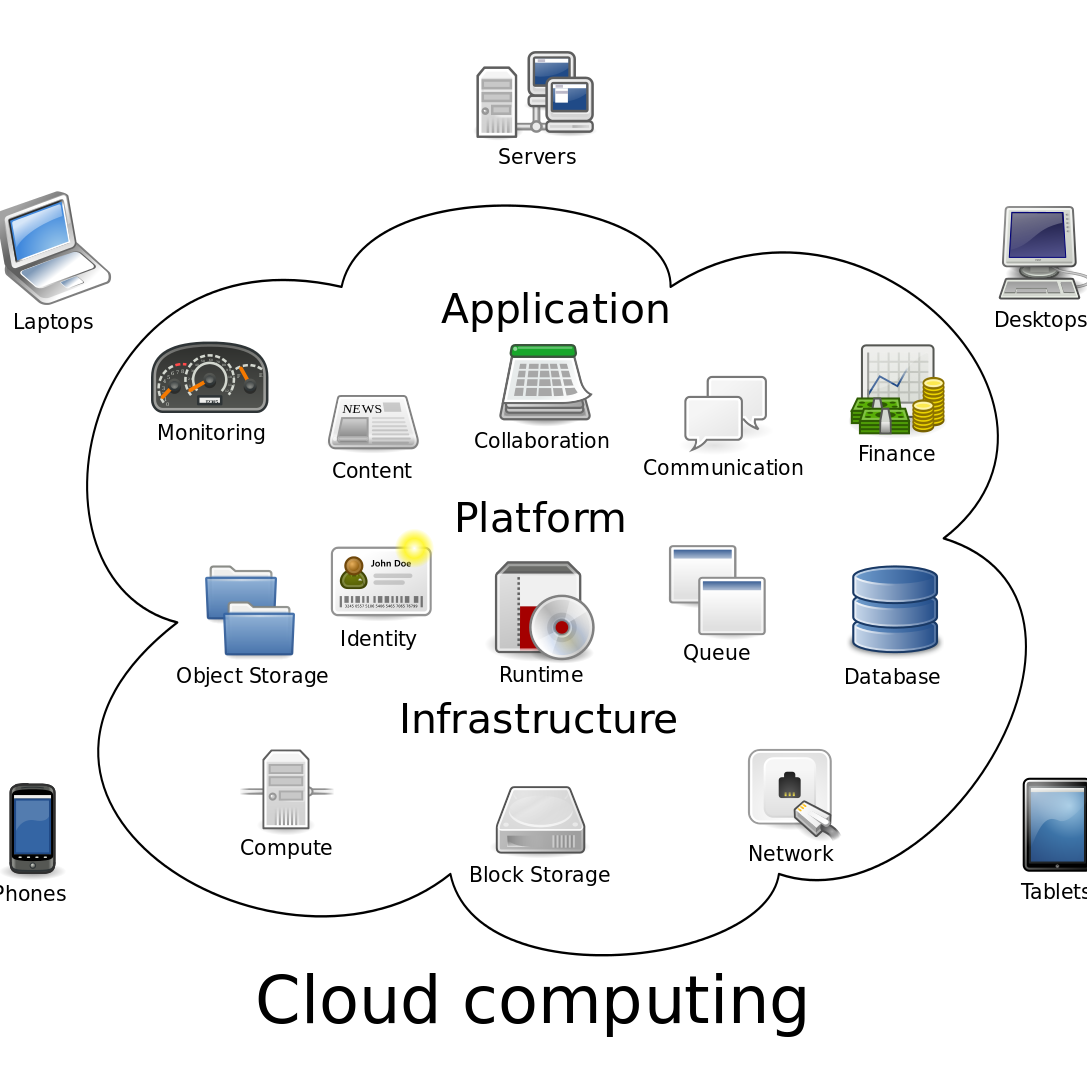





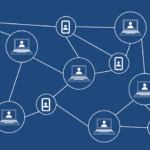
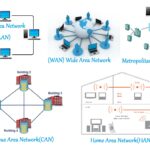

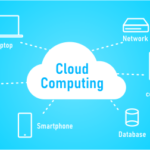





[…] In order to properly balance security and performance, a number of firms are developing cryptographic algorithms customised to cloud computing. […]